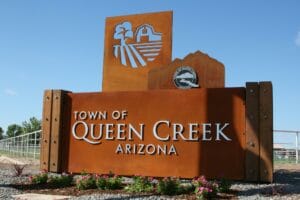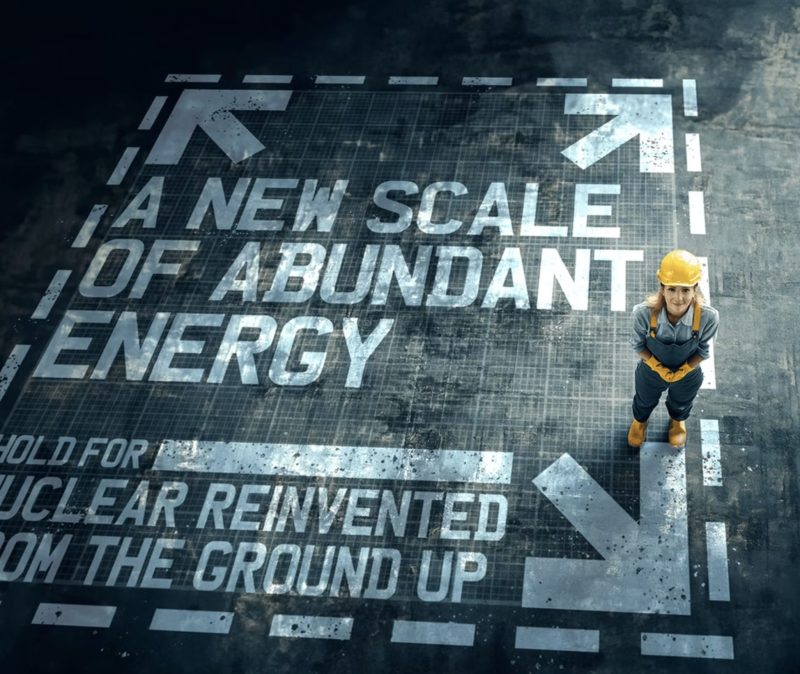Report: Arizona led the pack in dark money spikes just four years ago

(Editor’s note: in a little-publicized 2016 report titled “Secret Spending in the States, the Brennan Center for Justice analyzed dark money spending in America. The findings still reverberate today.
By Phil Riske | Senior Reporter/Writer
 nly last week the Arizona Legislature put the kibosh on a proposed law that would have lifted the curtain on secretive money in city elections. The action keeps with the state’s trend in keeping certain political contributions confidential.
nly last week the Arizona Legislature put the kibosh on a proposed law that would have lifted the curtain on secretive money in city elections. The action keeps with the state’s trend in keeping certain political contributions confidential.
Rep. Vince Leach,(LD 11) sponsored the bill that negates the Tempe action.
“Lots of people in my district want the right to remain anonymous and that’s who I’m here to represent,” Leach said. He and others say anonymity protects donors who fear retaliation for criticizing a politician.
A veteran lobbyist says anonymity only corrupts.
“In my 33 years in Arizona politics and government, dark money is the most corrupting influence I have seen,” Chris Herstam, a former Republican majority whip in the Arizona House of Representatives and now a retiring lobbyist, told Brennan Center researchers.
How did money go dark?
The Citizens United case eight years ago (Citizens United v. Federal Election Commission, 558 U.S. 310 (2010) ignited a surge nationwide in outside spending, supposedly independent of candidates, but the U.S. Supreme Court in upholding Citizen United as a First Amendment rights case did not rule the sources of such spending could be secret.
The justices seemed to assume existing rules and enforcement of existing disclosure laws would enable “prompt disclosure” of the interests behind the money, the Brennan Center stated.
That didn’t happen, and politics have changed dramatically since.
The Center, based at New York University Law School, pored over outside spending in candidate elections in the 2006, 2010, and 2014 cycles in Alaska, Arizona, California, Colorado, Maine, and Massachusetts, which comprised 20 percent of the U.S. population.
Arizona topped the list
Arizona in 2014 had $10.3 million in dark money — by far the largest amount of dark money in any cycle of the states examined.

Herstam criticized a move by the legislature to stop state oversight of nonprofit groups’ political spending. He said secretive special interest spending is making campaigning more costly, including in down-ticket contests, which, he added, intimidate lawmakers from taking policy positions that could draw dark money backlash and rob voters of important information.
“Without adequate disclosure laws, Arizonans do not know for sure who is purchasing their elected offices,” Herstam said, “and we, the citizens, don’t have the proof to make it an issue and take a stand against it in any particular election.”
Herstam argues the effect of dark money is more profound on a smaller political scale.
“While dark money gets a lot of national publicity, it is having a monstrous effect in Arizona, he lamented.
Related: Veteran lobbyist says ‘giants’ have been missing from the Legislature for decades
Dark money in energy policy
Brennan noted the shift in Arizona’s energy policy away from industry sources to homeowner-generated solar led to “an exponential surge of dark money in elections for the [Arizona Corporation Commission].
That was 2010, and a few years later nearly half a million utility customers had signed up for a system to reduce industry-supplied power consumption by 22 percent.
The 2014 election to replace two term-limited commissioners drew an astonishing $3.2 million in dark money ads — more than double the combined spending, $1.2 million, of all six candidates in the primary and general elections, and almost 50 times the $67,000 in dark money spent in races for three commission seats in 2012, Brennan Center stated.
In 2008, before the solar policy, all outside spending in the commission races amounted to only $3,298, and none was dark.

“It’s like a John Grisham-type setting because of how powerful the ads are,” recalled Vernon Parker, a Republican who ran in 2014 as a pro-solar candidate and lost at the primary stage after facing a flood of attack ads.
An African American who had previously won elections for city council and mayor in the conservative, majority-white town of Paradise Valley, Parker described the dark money onslaught as a political challenge of unprecedented magnitude. “I wouldn’t wish this on anyone,” he said.
News sources have since identified Arizona Public Service Company (APS) as a major source of dark money, and Commissioner Bob Burns has tried but failed several ways to force APS to disclose the sources of the money.
A former commissioner, Bill Mundell, has accused APS of creating a “circle of corruption,” using profits from consumers to secretly fund ads to elect APS friendly candidates.
“Who do you think those commissioners are going to listen to when there’s a rate case pending? Are they going to listen to you or me, or will they listen to the APS executives?” Mundell said at a 2016 campaign appearance in his campaign to rejoin the commission, as reported by Payson Roundup
APS responded to stories of its alleged dark-money dealings with a general statement: [We] routinely support public officials, candidates and causes that are pro-business and supportive of a sustainable energy future for Arizona,” stressing its “right to participate in the political process.”
APS told the ACC in 2013 it had spent nearly $4 million on “public relations work” to support a tax on solar households.
The Brennan research states, according to some observers, APS is now sensitive to accusations dark money influences it policies and choices for ACC candidates.
Ballot initiatives
Ballot measures, which are common in Arizona elections, have been more and more an attraction for dark money, sometimes even more than candidate elections, notes the Brennan study, because secret money donors are financially motivated, depending on the issue.
“With ballot measures the economic interests are much sharper than with candidate campaigns,” Kory Langhofer, an Arizona-based lawyer who advises nonprofits on their political spending, told study researchers.
He said special interest groups can spend tens of million to get the policies they want on the ballot, a more direct route to winning their issues than lobbying lawmakers.
Langhofer explained the reason such spending may be anonymous, is because anonymity keeps voters from dismissing an ad’s message based on “the financial self-interest of a ballot measure supporter.”
She said the anonymous factor is good for the political process because disclosure might cause voters to confuse the messengers, particularly with controversial speakers, and the message.

But Tomas Collins, executive director of the Arizona Citizens Clean Elections Commission, says measures dealing with such issues as minimum wage and political spending disclosure will draw a lot of money, “and not a lot of it will be disclosed.”
Candidates for office elections
Dark money can prove an unfair and expensive obstacle for candidates with modest budgets and low-key campaigning, probably discouraging potential candidates.
“Candidates have less control over their own races,” said lobbyist Herstam because of unaccountable, unlimited special interest advertising.
He said, “Legislative and state candidates now realize that more money is likely to be infused in their campaigns by outside expenditures than by their actual campaigns, and unfortunately the majority is funded by dark money.”
States with weak disclosure laws and enforcement are open country for dark money spenders. Collins of Arizona Clean Elections said the state’s enormous spike in dark money in 2014 in part reflected spenders taking advantage of regulatory confusion following legislative efforts to cut back state oversight of nonprofits’ political activity. Those efforts also caused “trepidation on the part of those responsible for enforcement,” he said.
Herstam concluded “The wealthy donors further solidify their power and maintain their corrupt influence for years to come.”
Click here for the entire report, which includes Alaska, California, Colorado, Maine, and Massachusetts.







